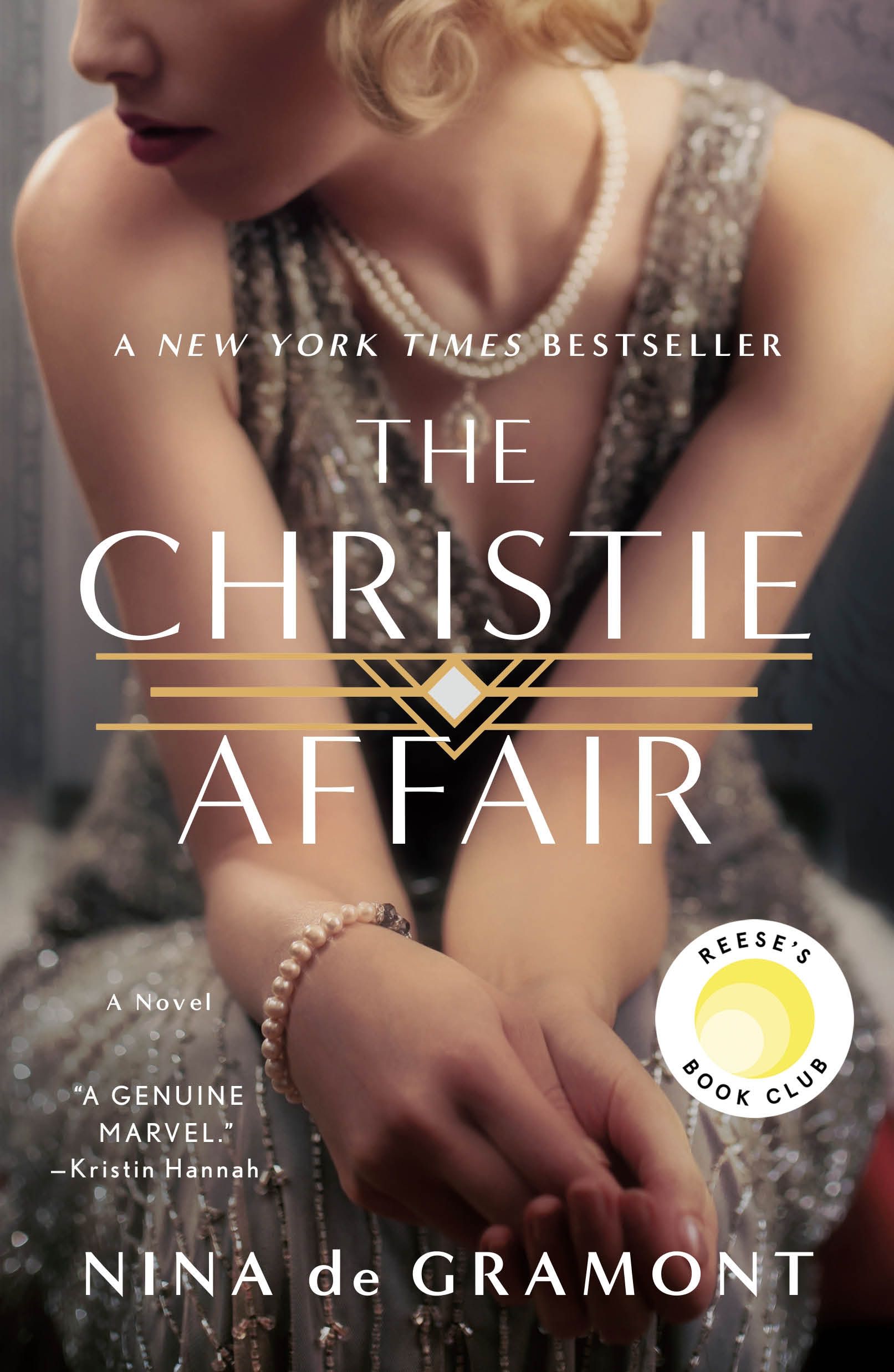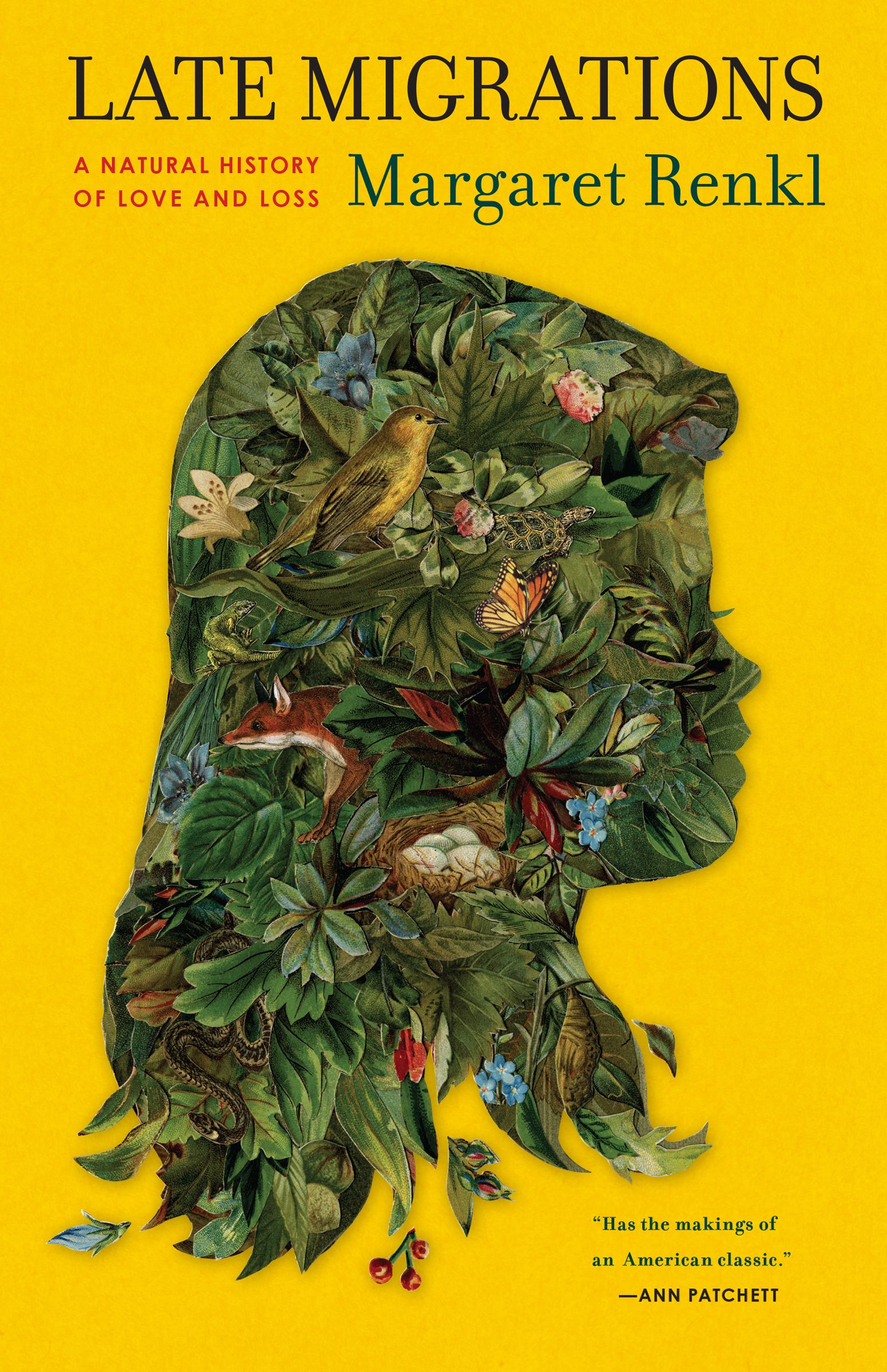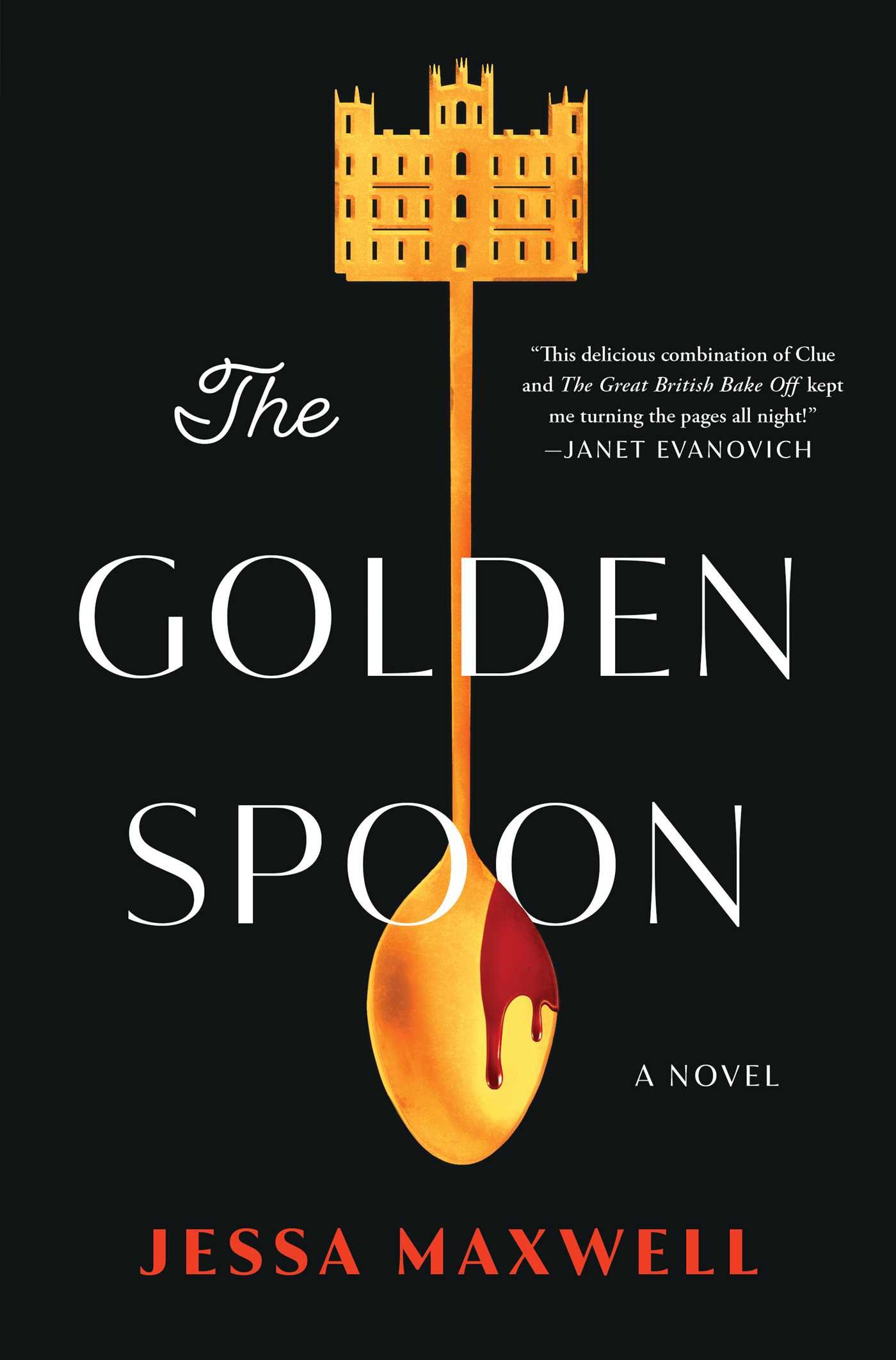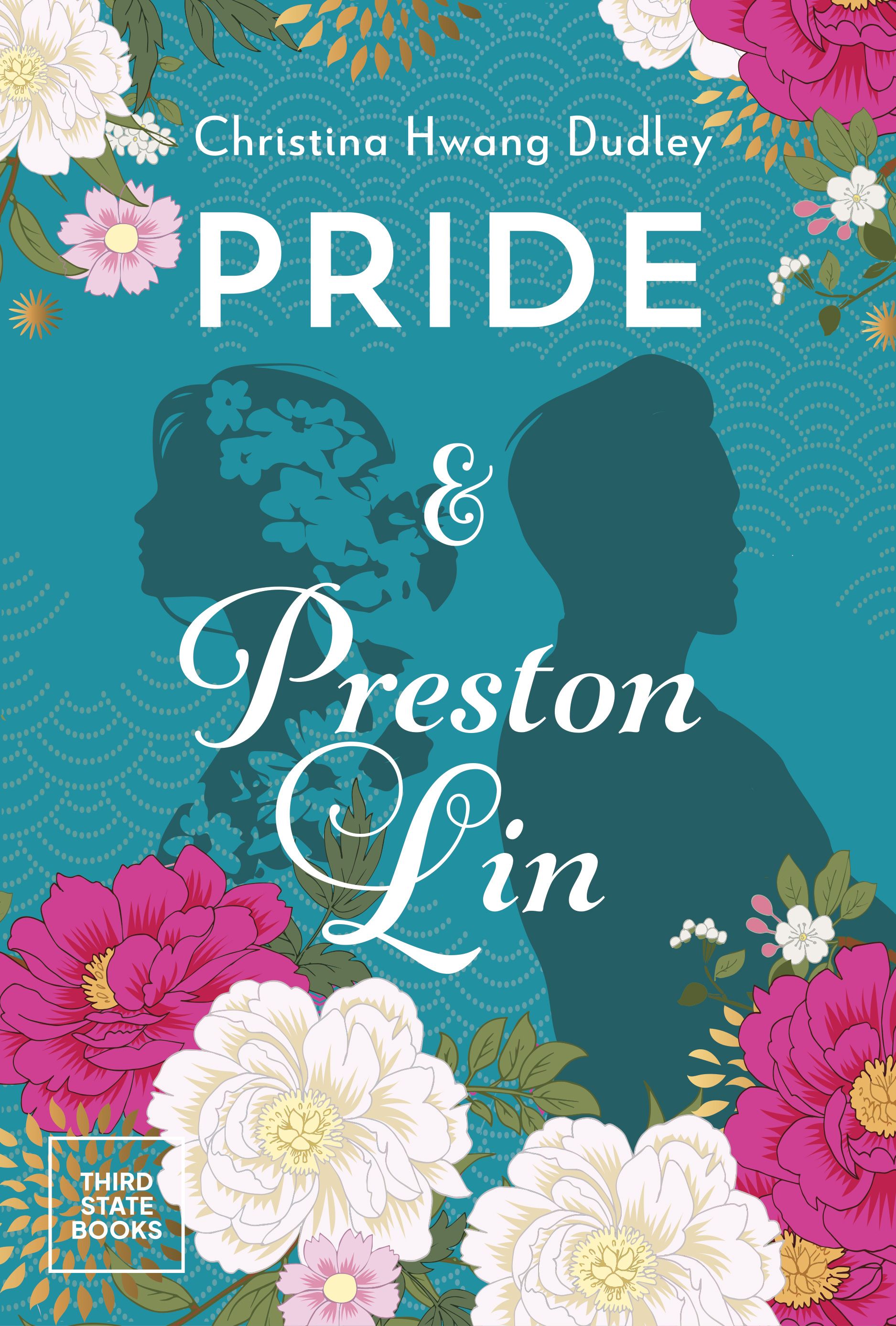Novelist as a Vocation is Haruki Murakami’s most recent work of nonfiction, a series of essays about writing novels and being a novelist. From the start, Murakami is clear about his intention—he wanted to write about his path and process not as a guidebook for aspiring novelists (although he’d be “very pleased” if any tidbits turned out to be useful to someone), but as a personal record of sorts, a way to set down the thoughts he’s had during his tenure as a novelist. In his quintessential clear and contemplative voice, Murakami recalls his book-filled childhood, his young adulthood spent running a jazz café in Tokyo, and the moment he realized at age 30 that he wanted to write a novel. He writes about how he found his voice and how he navigated literary prizes, how he grew disenchanted with Japanese critics (and societal systems) and how he secured a foothold in the American publishing world. Along the way he reveals the habits and mindsets that have fostered a long and fruitful writing career.
As a longtime fan of Murakami’s nonfiction—especially his previous book on writing, What I Talk About When I Talk About Running—I was excited to read this new collection of essays, and was not surprised that I loved it. I appreciate Murakami’s simple style, his unflappable nature, and his curiosity about why we do the things we do, and all are well-displayed in Novelist as a Vocation. Even though the premise may seem serious, the book feels light-hearted; Murakami jokes a lot, often at his own expense, and never takes his work too seriously (though you can tell he cares deeply about his readers). He even mentions in the foreword that he wrote the essays by imagining he was talking to a group of people, which gives them an easy, conversational tone. I found his lifestyle fascinating—he runs everyday, he goes to bed early, and he protects his boundaries by declining press when possible—and I loved how much he emphasizes the importance of physical and mental health as a novelist. Novelist as a Vocation offers a well-rounded view on what it means to be a writer, and is a highly enjoyable read.
I’d recommend this book to…
- Anyone who wants an inside look at the life of a writer… it’s similar in theme to The Writing Life by Annie Dillard
- Anyone in the mood for some thought-provoking essays that will also make you chuckle… it’s similar in style to Dickens and Prince by Nick Hornby
- Anyone looking for something that feels intellectual yet conversational, and generally optimistic… it’s similar in tone to Avid Reader by Robert Gottlieb








